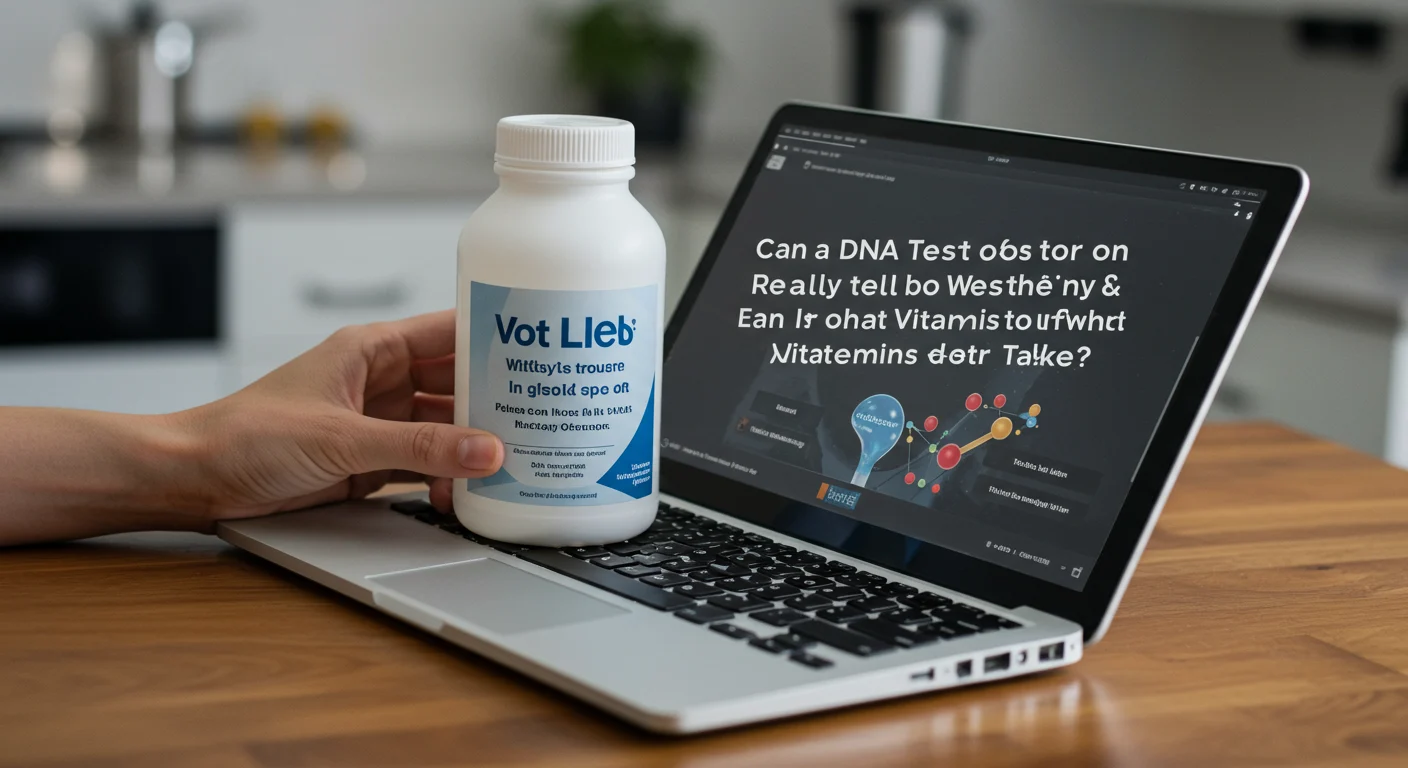
Is the Living DNA Vitamin DNA Test Accurate? Let’s Be Honest.
Short answer: sort of—but not the way ads make it sound. Here’s the thing… your genes can nudge how you absorb, activate, or transport certain nutrients. But vitamins aren’t set by destiny. They’re shaped by your diet, sun, sleep, meds, gut health, and honestly, your habits. So if you’ve seen a living dna vitamin dna test promising a perfect supplement plan, let’s zoom in on what’s real and what’s hype.
So… can your DNA pick your vitamins?
Genes can flag tendencies. Think of them as signposts, not orders. Certain variants are linked to folate metabolism (MTHFR), vitamin D transport (GC), vitamin A conversion from plants (BCMO1), and iron handling (HFE). If a report says you may need “more attention” on vitamin D, that’s a heads-up to check your lifestyle and maybe your blood levels. It’s not a diagnosis. Believe it or not, two people with the same gene result can have totally different vitamin needs because one gets sun and eats oily fish, the other doesn’t.
What a DNA vitamin test can—and can’t—tell you
A living dna vitamin dna test can translate your genetic variants into “likely lower,” “typical,” or “higher” nutrient needs. Helpful? Yes, as a compass. But it won’t replace blood work, and it won’t prove a deficiency. Most effect sizes are modest, reports are probabilistic, and some findings depend on ancestry or environmental context. You still need real-world checks: diet history, symptoms, medications, and when it matters, lab tests. If you’re expecting a magic multivitamin script, you’ll be underwhelmed.
How gene reports turn data into vitamin advice
Here’s how it usually works. Your saliva sample gets scanned for known variants. The report aggregates those into nutrient themes and offers diet or supplement suggestions. Example: if your BCMO1 variants suggest less efficient beta-carotene-to-retinol conversion, the advice might be to favor preformed vitamin A from foods rather than relying solely on carrots. If GC or VDR variants hint at vitamin D quirks, the guidance leans toward testing your 25(OH)D and optimizing sun, diet, or supplements. Not a diagnosis—more like a nudge to personalize the basics.
Who actually benefits from this?
If you love data and you’ve plateaued on “eat better, take a multi,” DNA guidance can tighten the focus. It’s also handy if you’ve got a family story of iron overload, persistent low vitamin D, or you’re plant-based and want to double-check vitamin A or B12 strategy. But if you’re dealing with fatigue, hair loss, or other red-flag symptoms, skip the guesswork—talk to a clinician and get labs. And if you’re pregnant, trying to conceive, or managing a condition, personalized medical guidance beats any generic algorithm.
Smart way to try it (without wasting money)
Start with the basics: diet, sleep, movement, and a quick review of meds that affect nutrients (like PPIs or metformin). If you’re still curious, a living dna vitamin dna test can layer on useful context—just pair it with at least one set of relevant blood tests for vitamins you actually plan to change. Look for companies that disclose which genes they use, cite research strength, and let you opt out of data sharing. If you want my short list of tests that balance usefulness, privacy, and price, check my picks in the Consumer's Best DNA Nutrition Test Review. I keep it simple and I’m blunt about who each test fits.
Bottom line
DNA is a helpful map, not a finish line. Use it to ask smarter questions and fine-tune your nutrition plan, then validate the big calls with food logs and labs. I know—the marketing makes it sound like a crystal ball. It isn’t. But used well, it can save you from random supplement roulette and point you toward the vitamins that deserve a closer look.












